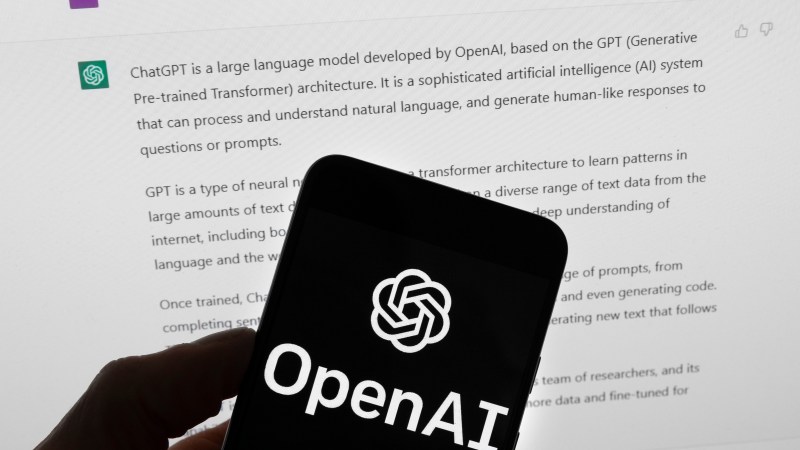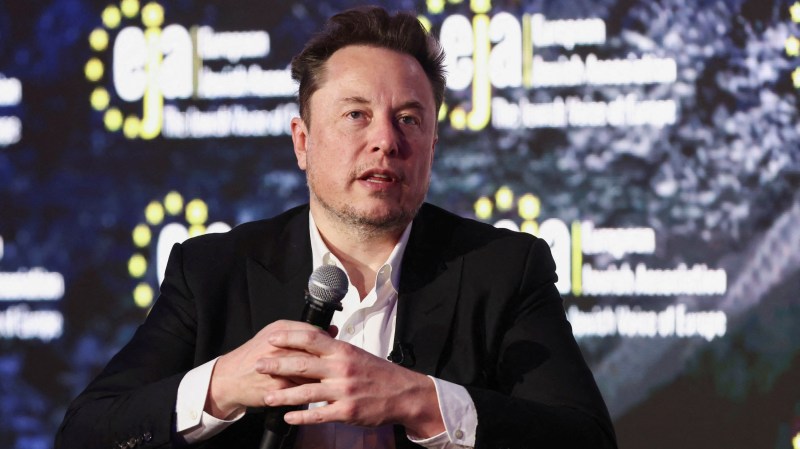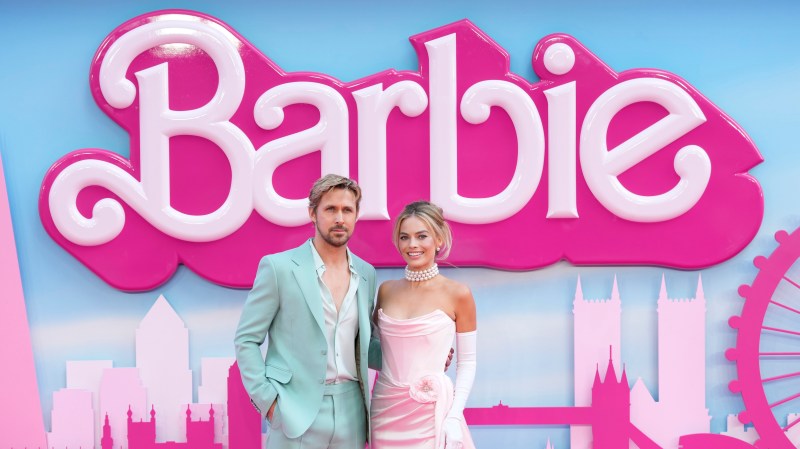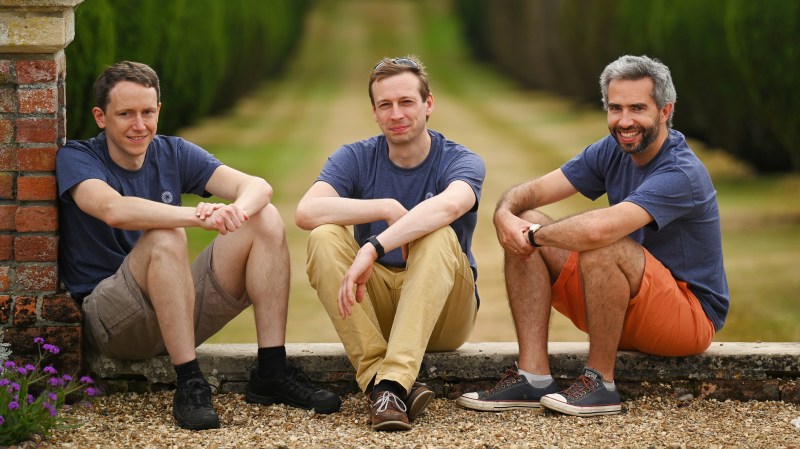Employers call for help as job candidates use AI in applications
Applicants are using artificial intelligence when applying for jobs and the government should issue advice to employers, industry leaders have warned.
Hiring managers have observed potential recruits using generative AI such as ChatGPT to write cover letters, improve their CV, formulate interview answers and complete content writing tests.
The warnings come as the European parliament approved on Wednesday the world’s first comprehensive framework for mitigating the risks of AI, which aims to regulate it based on its capacity to cause harm to society, with applications that pose a risk to fundamental rights being banned.
AI has experienced explosive growth but concerns are growing on bias, privacy and fairness, with the technology expected to eliminate 85 million jobs by 2025 but simultaneously create 97 million new ones.
Daniel Wolken, a human resources expert at DailyRemote, realised an employee had used AI to help with an application.
“Nothing quite prepared me for the candidate who used AI to get through our screening,” he said. “After an initial phone call that went swimmingly, this applicant seemed like a perfect fit on paper.
Wolken said that “alarm bells started going off” when the applicant appeared for the interview and “didn’t match the smooth-talker I’d spoken with earlier”.
“That’s when the lightbulb went off — this person had likely used AI assistance to ace the pre-screening,” he said. “While I was impressed by the technology, I was disappointed by the deception.”
He said the department now included rigorous assessments early on in the hiring process, adding: “It helps ensure we don’t waste time on candidates who can talk the talk but can’t walk the walk.”

Charlene Espie, the owner of Tartan Social, a social media marketing agency in Glasgow, compared candidates’ use of AI to generate cover letters to “smoke and mirrors”, adding it was eroding individualism.
Espie said: “We have done a lot of workshops around the world of AI and it has really opened my eyes. It’s like smoke and mirrors.
She was surprised by the amount of applicants who had clearly used AI to answer qualifying questions.
“I get so many cover letters where the applicant’s personality just does not come through. You can completely tell it’s been AI generated,” she said. “I had to change how I interview people because of it.”
Espie added: “Individualism is getting lost. It would be amazing if the government could establish guidelines for employers.”
Research conducted by Bright Network, entitled What do graduates want?, surveyed more than 14,000 British students and graduates and found that 38 per cent used AI to improve job applications.
James Uffindell, the chief executive, called for clear guidance for hiring companies and urged them to clarify where AI should and should not be used during the application process “so candidates know where they stand”.
“Whilst assessment technology and methods catch up to cope with, or embrace, AI, the need for clear guidance and instructions must be the focus for hiring companies,” he said. “The early careers sector is one of the most susceptible to AI-driven challenges in hiring, especially with assessment practices like online aptitude tests and one-way video interviews.
“On the flip side, AI is also an extremely powerful tool to drive social mobility and diversity in the workplace. Gen [generative] AI can also be a great tool for neurodiverse students, helping level the playing field when it comes to application processes.”
OpenAI, which developed ChatGPT, has been approached for comment.






